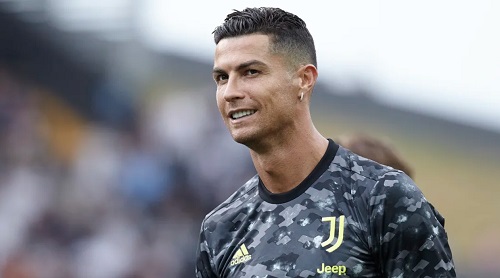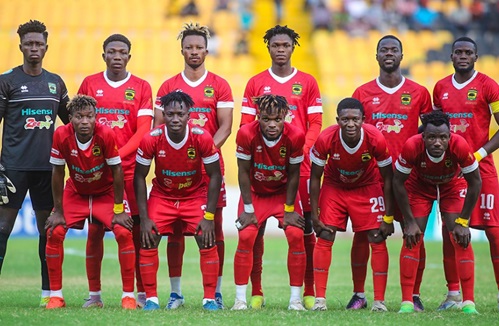The leaders of Australia and Japan have signed a “historic” defence treaty that Australian Prime Minister Scott Morrison said would “contribute to a secure and stable Indo-Pacific” as China expands its military and economic clout in the region.
The treaty was signed during a virtual summit between Morrison and his Australian counterpart, Fumio Kishida on Thursday.
Called the Reciprocal Access Agreement (RAA), the treaty is only Japan’s second such agreement.
Its only other military pact is with the United States, a status of force agreement that dates back to 1960.
Morrison called the signing of the RAA a “pivotal moment for Australia and Japan” that will “form an important part” of the two countries’ response to “the uncertainty we now face”.
The treaty will also “underpin greater and more complex engagement in operability between the Australia Defence Force and Japan Self-Defense Forces,” he said.
The RAA’s signing follows more than a year of talks, and Japan’s Kyodo news agency said the pact will facilitate joint exercises, the faster deployment of Japanese and Australian military personnel as well as ease restrictions on the transportation of weapons and supplies for joint training and disaster relief operations.
Kishida hailed the agreement as “a landmark instrument which will elevate security cooperation between the nations to new heights”.
Kyodo said Japan will also seek to sign such a pact with the United Kingdom as well as France as the two European countries “have been increasing defence cooperation with Tokyo in response to an increasingly assertive China“.
Analysts said the agreement recognised the importance of establishing firm defence partnerships to deter Beijing.
“Japan is breaking away from its post-war constitutional constraints on the use of military force because Tokyo recognises the challenges it is facing from China,” said Malcom Davis, a senior analyst at the Australian Strategic Policy Institute.
“There is a territorial dispute between China and Japan,” he told broadcaster Sky News, “and more significantly there is a growing concern China will make a move over Taiwan in the next few years.”
Ali Wyne, a senior analyst at Eurasia Group, told the AFP news agency that the treaty also underscores the momentum of the Quad, an informal grouping that includes Japan, Australia, India and the US.
The Quad was first formed in 2007 but scrapped plans for joint military exercises in the face of criticism from China. But the grouping stepped up its activities in 2020, holding joint military drills for the first time, amid concerns over Beijing’s actions.
Wyne said China “will likely cast [the RAA] as further evidence that advanced industrial democracies seek to stymie its resurgence”.
There was no immediate comment from Beijing on the new pact.
When asked about the treaty at a regular briefing on Wednesday, Chinese foreign ministry spokesman Wang Wenbin said “the Pacific Ocean is vast enough for the common development of countries in the region”.
“State-to-state exchanges and cooperation should be conducive to enhancing mutual understanding and trust among countries in the region and safeguarding regional peace and stability, rather than targeting or undermining the interests of any third party,” he said.
“We hope that the Pacific will be an ocean of peace, not a place to make waves.”
The signing of the Australia-Japan treaty comes months after Canberra announced forming a new alliance with the US and the United Kingdom – the AUKUS.
The alliance, formed in September, will allow Australia nuclear-powered submarines using US technology.
Source: aljazeera








